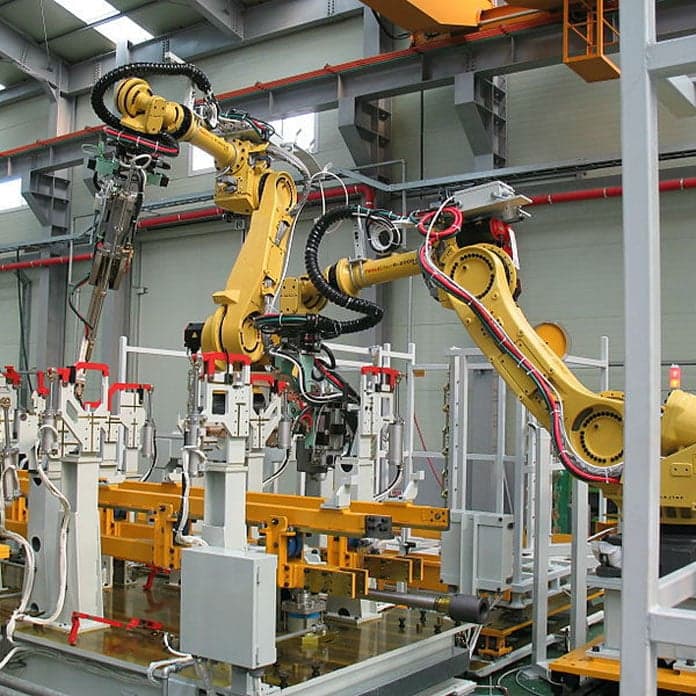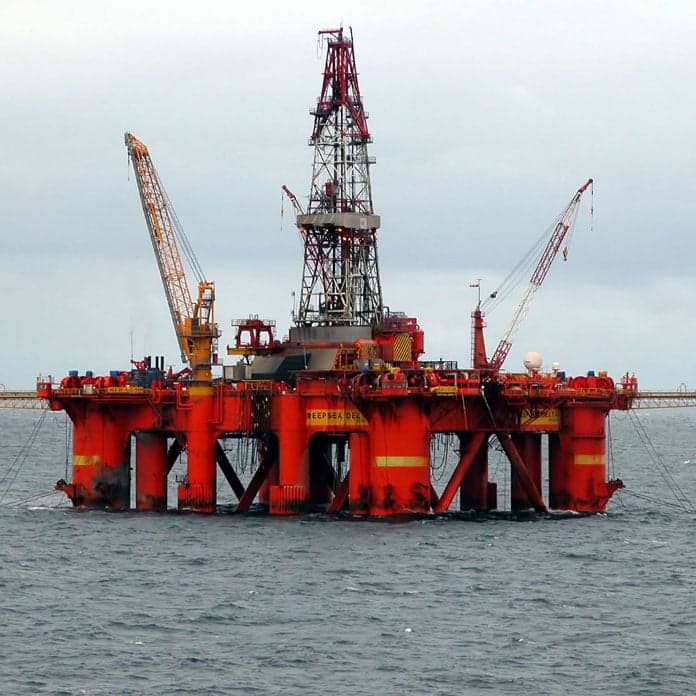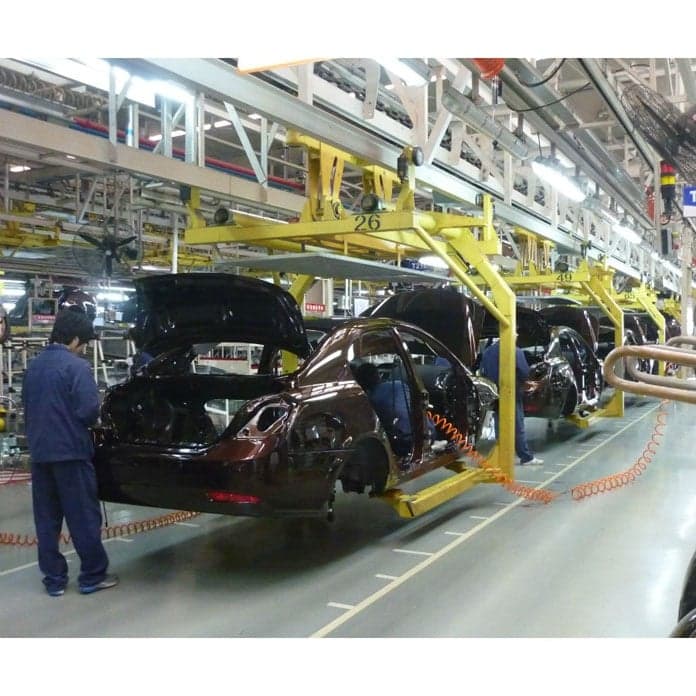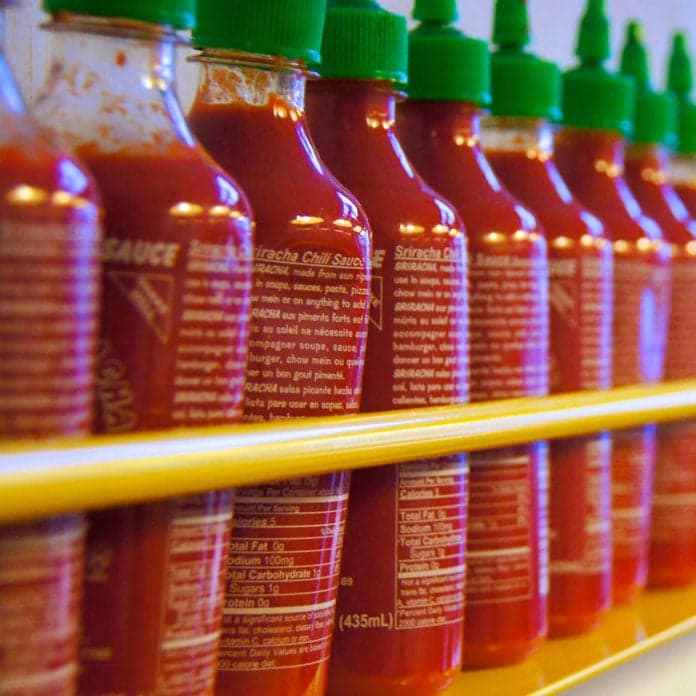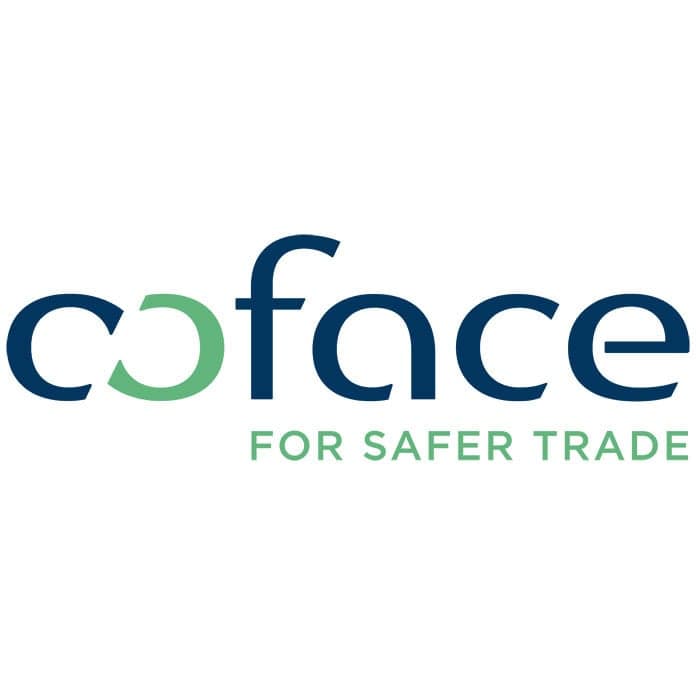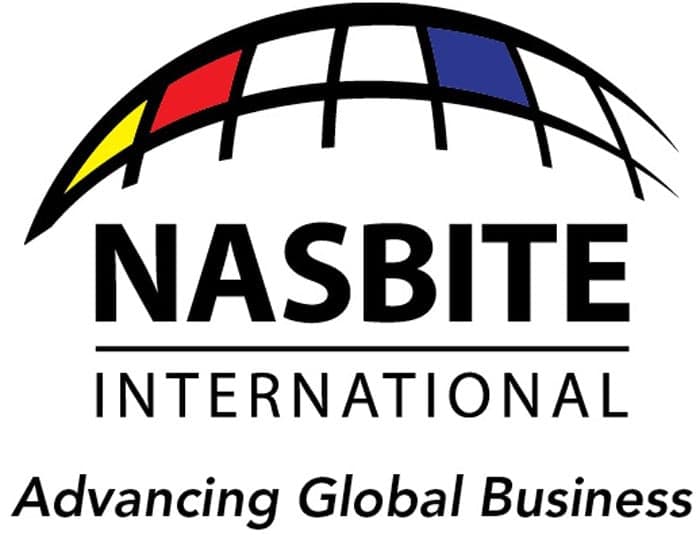In part two of this week's transport manufacturing blog series, we look at current issues affecting international trade in the auto industry.
Implemented in 1994, the North American Free Trade Agreement (NAFTA) consists of a trilateral compromise signed by Canada, Mexico, and the United States. The initial goal of NAFTA was to eliminate barriers to trade and investment between the U.S., Canada, and Mexico. Prior to NAFTA, American cars sold in the United States were made almost exclusively in the U.S., and most vehicles were sold in the market in which they were made. When NAFTA came into effect, U.S. automakers began diffusing their production across the trade zones, particularly taking advantage of the cheaper labor and lower production costs in Mexico. But, according to various economists, it is unclear if scrapping NAFTA would shift plants and jobs back to the United States.



